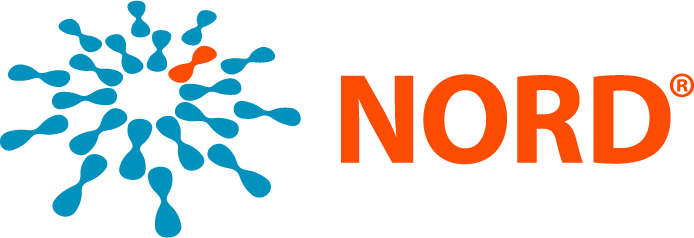May. 30, 2017
TOPIC: Featured News, Medical, Research
NORD Publishes Report on Hereditary Sensory Autonomic Neuropathy Type 1E
Posted by Lisa Sencen
Washington, D.C., May 30, 2017—As part of its ongoing series to promote awareness and education regarding rare diseases, the National Organization for Rare Disorders (NORD) has published a report on Hereditary Sensory Autonomic Neuropathy Type 1E (HSAN1E). This new resource is available free online to individuals around the world.
As the primary advocacy organization in the U.S. for people who have rare diseases, NORD provides educational resources for patients, caregivers and medical professionals. Disease-specific reports are developed in collaboration with NORD’s patient member organizations and independent medical experts. The reports can be accessed through NORD’s Rare Disease Database at rarediseases.org.
“People who have rare diseases often have difficulty finding accurate and easy to understand information about their condition,” said Marsha Lanes, MS, CGC, a genetic counselor and medical editor in NORD’s Educational Initiatives Department. “The purpose of NORD’s free Rare Disease Database reports is to provide information and resources to help those who may be dealing with little-known and misunderstood medical conditions.”
The report on HSAN1E was developed in collaboration with the HSAN1E Society, one of NORD’s 260 member organizations, and Christopher J. Klein, MD, Professor of Neurology, Mayo Clinic.
“When dealing with a rare disease, getting good, accurate information is an obstacle; that’s why one of HSAN1E Society’s main goals is to ensure accurate information is disseminated to both medical professionals and the public,” said a representative of the HSAN1E Society. “We are excited about the NORD report on HSAN1E because we believe it is going to do just that.”
HSAN1E is a genetic disorder with an average onset age of 37 years. All HSAN1E patients have presented with a triad of symptoms: hearing loss, sensory neuropathy, and cognitive decline. Some other symptoms of HSAN1E are seizures, auditory or visual hallucinations, renal failure, and sleep disorders. HSAN1E is caused by a mutation in the DNMT1 gene that sometimes occurs spontaneously. In these patients, the disorder is not inherited.
NORD has published more than 1,200 disease-specific reports in its Rare Disease Database. The patient advocates who established NORD considered it a top priority to provide information about rare diseases for patients and their families. As a result, they began to develop the Rare Disease Database shortly after NORD was established in 1983. In the 1990s, when NORD launched a website, the database became available online. The reports are accessed by millions of visitors around the world each year.
“Our goal is to provide resources for every person with a rare disease, whether you are recently diagnosed or further along in your patient journey. We are thankful to the HSAN1E Society and Dr. Christopher Klein for their assistance in developing this report with NORD.” added Lanes.
###
About the National Organization for Rare Disorders (NORD)®
The National Organization for Rare Disorders (NORD)® is the leading independent advocacy organization representing all patients and families affected by rare diseases. NORD is committed to the identification, treatment and cure of the 7,000 rare diseases that affect 30 million Americans, or 1 in every 10 people. NORD began as a small group of patient advocates that formed a coalition to unify and mobilize support to pass the Orphan Drug Act of 1983. For more than 30 years, NORD has led the way in voicing the needs of the rare disease community, driving supportive policies and education, advancing medical research, and providing patient and family services for those who need them most. NORD represents more than 260 disease-specific member organizations and their communities and collaborates with many other organizations in specific causes of importance to the rare disease patient community.
Media Contact:
Lisa Phelps
(203) 702-2872
[email protected]













